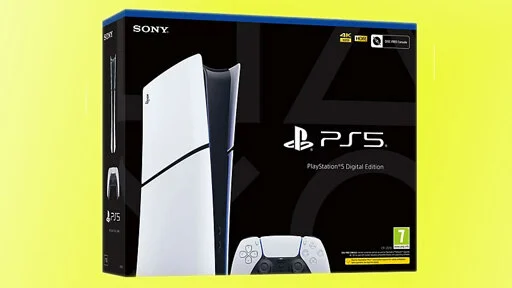This isn't adding up. I'm all for consumer protections and I love European countries forcing global countries to behave, but this reads more like a console-war fanboy hit piece than legitimate criticism.
According to the article, Sony "is enjoying the position of a monopolist with 80% of the Dutch console market". That number does not pass the smell test, and there's no further details provided or sources given. I know Xbox sales are considerably worse in Europe, but the only way I can imagine Sony hitting 80% markets are is if we ignore the Switch and Switch 2 as "handhelds", and also ignore gaming PC's and the Steam Deck. Which seems like a bad faith argument to use when evaluating software markets.
The article also claims that "Sony can easily control game pricing in its digital store". So is this lawsuit exclusively discussing Sony-published titles, or are they just ignoring the role of the publisher in this?
It looks like the goal of this lawsuit is... To force Sony to allow 3rd party platforms to sell download keys that can be redeemed on the Sony store. Which... Is fine I suppose but I don't expect that to really help the consumer or have an impact on competition. The article doesn't provide any data on that and I'm not sure whether any actual research has been done there, but in my anecdotal experience those kinds of sites either just follow the MSRP and sales, or are doing shenanigans with different regional price rates or FX rate arbitrage, which can occasionally lead to issues for users depending on how the game works and how important the region is to it. There might be some reduced fees from Sony in the transaction, but I expect that to be made for by similar fees from the 3rd party, or the publisher pocketing the difference. It doesn't seem material enough to change the price consumers see. Digital "goods" don't have supply restrictions, so this won't increase the supply and I don't see how it changes demand.
Also there's a lot more questions I have about their methodology. Maybe things are different in the US than Europe, but Nintendo is famous for having fewer sales with shallower discounts than anyone else, with multiplatform games (both physical and digital) being more expensive. The phrases "Switch tax" and "Nintendo tax" have been around the Switch for almost its entire life. Is the Switch just being excluded as a "handheld"? And when they are looking at disc prices, does that include used copies too, or perhaps include a factor for resale value that is reducing the cost?
Maybe they are right, but this article leaves a lot more questions than answers, and I can't find those answers from a quick Internet search.


